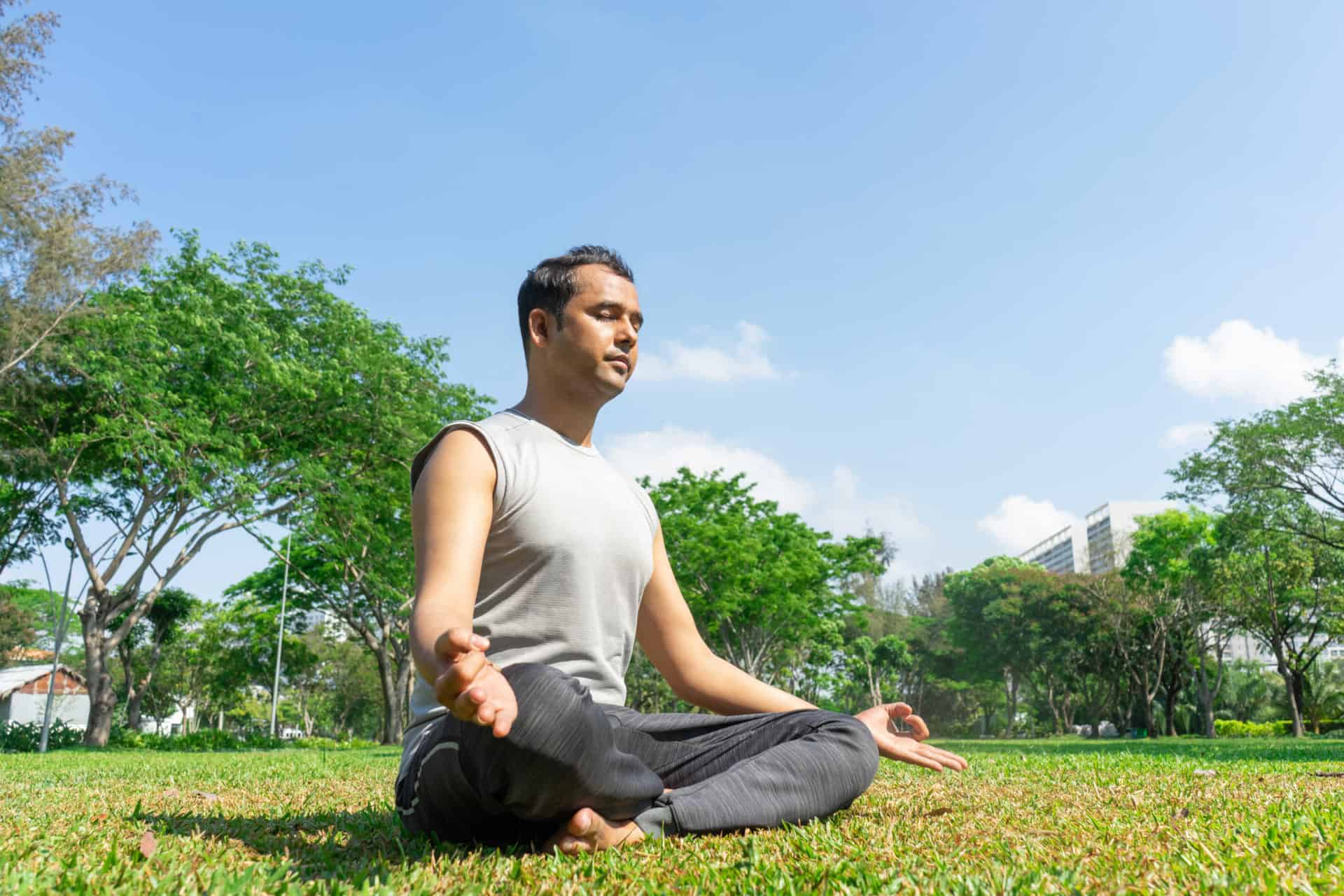Pacing: Discover What Is Important and What Is Not
I remember a time where I was exploring pacing, by only doing one activity at a time, and doing it slowly.
This was an interesting experience, as I noticed that my nervous system started to calm down as I was moving from my so often ‘achiever’ mode to a more relaxed state of being, where I felt generally more compassionate and gentle. However, there is definitely more to pacing.
Pacing, allows you to be more in tune with our system. We all have a window of tolerance, a certain capacity of doing and interacting, within which we can feel and remain relatively ok. However, the moment you cross it’s boundaries, you can start to notice more physical symptoms, more emotional distress, and a drop in your energy levels. Pacing allows you to pick up these very first signals from the body, like tension, superficial breathing or brain fog, and to act on them by pausing or changing activity.

Pacing also helps you to differentiate between what is important and what is not.
Sometimes you may feel overwhelmed, but this overwhelm happens when you feel out of control, when you are running behind and are trying to keep up.
Pacing can move you to the opposite direction. Slowing down gives you the mental space to clarify what YOU want and need. From this place of clarity you can start to align yourself with your most important values, like putting your health on the first place. From this position it is much easier to say ‘no’ to others or to turn your schedule around.

So pacing allows you to be more aligned with yourself. It helps you to pick up the signals from your window of tolerance and to act on them, which is ultimately really an act of self-love.


Paulien Elzinga
Languages: Dutch and English
As a coach, Paulien has adopted the Amygdala Retraining Program and is a Gupta coach since 2013. She manages her practice, in which she supports clients with chronic fatigue and stress regulation issues. She guides people who are highly sensitive, helping them to navigate their inner and outer world, regaining their power and ability to find inner safety and security.
She experienced Lyme disease, EBV, chronic fatigue syndrome, among other health issues, from an early age, and used the program as part of her recovery.
Her coaching mainly centers around the Gupta Amygdala Retraining program, but she also incorporates knowledge from her background in Social Psychology (MSc, Utrecht University), NLP, Meditation and Mindfulness, Healing Touch (Biofield therapy/energy healing), and her studies into Transpersonal Psychology. She has drawn a lot of inspiration from the work of Caroline Myss, who had a major impact on her intuitive development, which she sees as a fundamental step into her healing as at some point in life it is required to put our trust and faith back into ourselves.
As a coach, she is known for her gentle and compassionate nature and her clear insights into rather complex situations.
Paulien works from the Netherlands (Haarlem) and France (Lyon), offering sessions mainly through Skype. You can contact her for a free introduction call.
Email: liefcoaching@gmail.com
Website: www.lief-coaching.net
Website in english: https://lief-coaching.net/english-2/
Skype: liefcoaching








